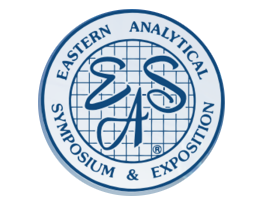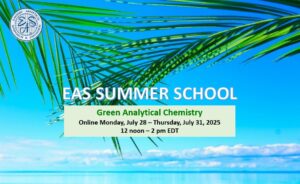One-Day Course
Wednesday, Nov. 20; 8:30am – 5:00pm
Dr. Merlin K.L. Bicking, ACCTA, Inc., St. Paul, MN
COURSE DESCRIPTION
Almost every LC lab operates in reversed-phase (RP) mode, but many users are not taking advantage of the full capabilities in this separation technique. Improving methods and troubleshooting problems are easier if you understand the technique, and tremendous improvements in selectivity, efficiency, and/or throughput are possible with only modest modifications. This operations-based one-day primer will provide an overview on the features that allow an RP application to succeed and answer the questions that most users have. We will focus on practice, not theory, providing simple rules for improving your methods to reduce solvent usage or time (or both). Also, not every separation problem can be solved with a C18 column. If C18 does not work for you, you have many other options. We will show you those other options using real-world case studies.
WHO SHOULD ATTEND
Method development staff will benefit from the range of information presented here. However, other HPLC users, whether they are performing QC, developmental, or preparative procedures, can improve their operations through a better understanding of how these techniques work
TOPICS
1. Introduction – How to Read a Chromatogram
2. Reversed-Phase Operating Mode
a. Six critical operating variables
3. Column Selectivity in Reversed-Phase Mode
a. Why are columns different and how we can measure those differences?
4. Improving Isocratic Methods
a. Do you want faster analysis, or less solvent usage, or both?
5. Practical Operating Tips
6. Why C18 Doesn’t Work and Solutions for Each Situation
a. Too Much Retention: Four ways to make it elute faster.
b. Too Little Retention: Five techniques to make it stay on the column longer.
c. Poor Peak Shape/Selectivity: Thinking outside of the C18 box,
7. Final Review and Discussion

ABOUT THE INSTRUCTOR
Dr. Merlin K. L. Bicking (Course Director) is President and Senior Analytical Scientist, ACCTA, Inc. He has extensive analytical chemistry experience in academia, contract research, independent testing laboratories, consulting, and technical training. His professional history includes development of two EPA methods, as well as numerous methods in other regulated and non-regulated industries. His publications and presentations cover a wide range of topics, including liquid chromatography theory, derivatization, method optimization, and the use of experimental design strategies in analytical chemistry. He also develops and presents technical training seminars for analytical laboratory staff.

